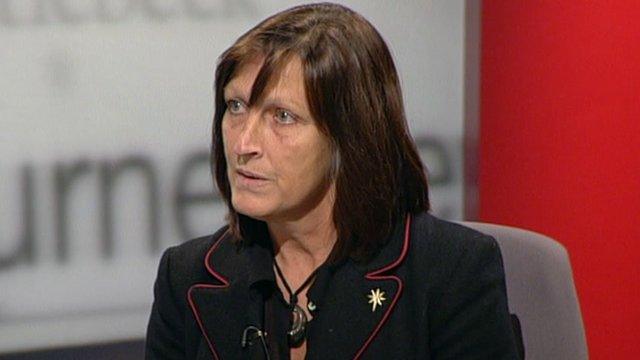Learning disability care hospital beds reduced
- Published
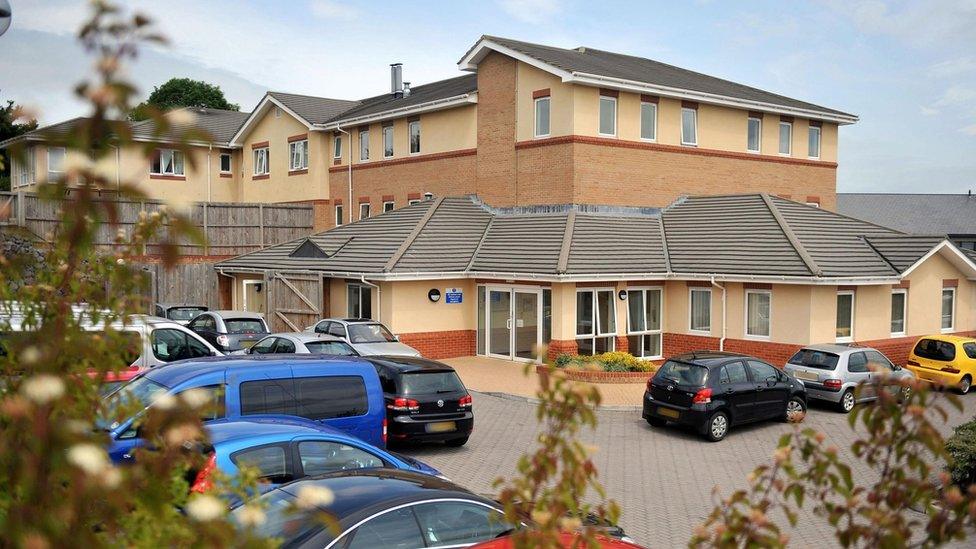
A "culture of cruelty" at Winterbourne View Hospital prompted a review of care
The number of hospital beds for people with learning disabilities and autism will be halved in England, the NHS has announced.
It is a response to the abuse scandal exposed by the BBC at Winterbourne View and will see patients "live in homes, not hospitals".
The largest learning disability hospital, Calderstones in Lancashire, will be closed as part of the measures.
However, campaigners questioned the amount of funding for the new system.
'Culture of cruelty'
Four-and-a-half years ago the BBC's Panorama programme exposed abuse of people with learning disabilities and autism at the now closed Winterbourne View specialist hospital near Bristol.
The 24-bed hospital, which was owned by a company called Castlebeck and took NHS-funded patients, closed in 2011.
Six care workers were jailed and five were given suspended sentences for a "culture of cruelty" that included slapping patients, pulling their hair and trapping them under chairs.

'There are families in despair'
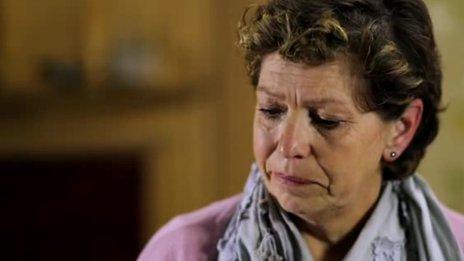
Ann Earley is the mother of Simon Tovey, a man with learning difficulties who was the victim of abuse at Winterbourne View. In secret footage filmed by Panorama, Mr Tovey, 38, was slapped, physically restrained and mentally abused.
In 2012, 11 of his former care workers were sentenced for either mistreatment or neglect.
His mother says Simon is now living in his own bungalow with 24/7 care, and very happy. She believes moving people with learning disabilities into community care is the right move.
"There is absolutely no excuse for people being locked up in hospitals away from families. If you have a prison sentence, there is an end to it," she told BBC Radio 5 live.
"There are people in dire circumstances, and families driven to the brink of despair trying to get people home, and it's not acceptable in the 21st Century."

The NHS admits people with a learning disability or autism have been failed for decades and Jane Cummings, chief nursing officer for England, said: "Now is the time to put things right."
Around 2,600 such patients are in hospital at the moment, with three-quarters of them having been there for more than a year - although the number of discharges or transfers has increased by 38% over the last year.
Each bed costs £175,000 per year, is "often inappropriate" and used as a long-term option because of a lack of alternatives, the NHS said.
In a significant shift in the way care is provided, hospital units will be closed and £45m spent over three years to fund the move to community services.
'Homes, not hospitals'
Simon Stevens, the chief executive of NHS England, said: "As good and necessary as some inpatient care can be, people with learning disabilities are clear they want to live in homes, not hospitals.
Living in the community with learning disabilities
"We've seen some progress over the last few years, but now is the moment to grasp the nettle and build the excellent community-based support that will allow people to move out of hospitals."
NHS England expects the number of hospitalised patients to fall to between 1,300 and 1,700 in the next three years.
In areas that rely the most on inpatient care, NHS England predicts the number of beds will be culled by 70%.
The plan will require local councils and the NHS to work closely together to provide:
Housing which patients can own, but which will still provide access to on-site care
A "rapid and ambitious expansion" of personal health budgets so patients can plan their own care
Access to local care and support workers

Analysis
Alison Holt, Social affairs correspondent, BBC News
Whilst families of people with learning disabilities and autism will welcome the promise of "homes not hospitals", many will also say we've heard it before.
Despite past deadlines and fine words, specialist beds have remained open because too often there's been no alternative when a person has needed extra support.
Last week I met one man with learning disabilities who has spent the last three years in an assessment and treatment hospital.
He has been ready for discharge for two years, but there is still nowhere for him to go near his family.
NHS England hopes to jump start the building of new community facilities with its £45million fund, but questions remain about whether that will be enough to ensure financially pressed local councils and health services make the necessary changes.

In a joint statement, the charities Mencap and The Challenging Behaviour Foundation said the report had "strong ambitions" but left many questions unanswered.
It said: "We are concerned about whether sufficient resource and investment is being made available up-front to develop the local support and services required.
"Families will be fearful of the fact that there is little new in the report about how local areas can be compelled to make the necessary changes to support services and guard against a postcode lottery of poor care."
The Local Government Association said the plans needed "to happen urgently".
But it also issued a warning over funding, saying it was a time of "continued financial pressures" for councils and that government needed to ensure the money was there.
Sir Stephen Bubb, the chief executive of the Association of Chief Executives of Voluntary Organisations (Acevo) told BBC Radio 4's Today programme: "I think there is a credible, practical plan being launched today and I welcome that.
"I think we are at a turning point and we will see the closure of institutions and the scale-up of community provision."
- Published30 October 2015
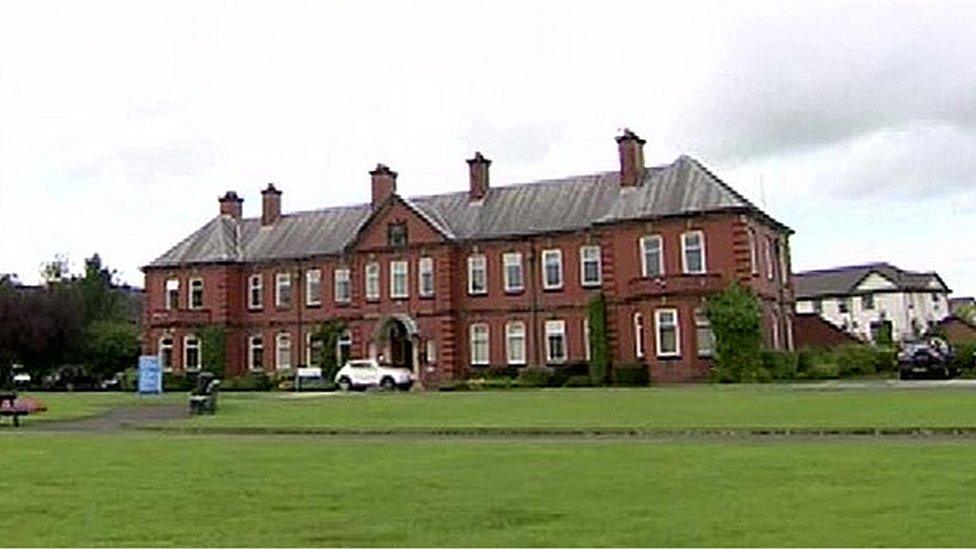
- Published26 October 2012

- Published10 December 2012
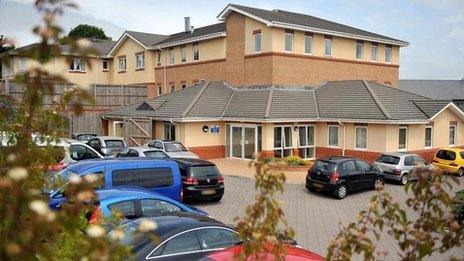
- Published26 October 2012
